Description
Greg Nooney – Trauma-Related Dissociation and Dissociative Disorders: Assessment and Treatment Strategies for Some of the Most Misunderstood Disorders in the DSM
- Faculty:
- Greg Nooney
- Duration:
- 6 Hours 5 Minutes
- Format:
- Audio and Video
- Copyright:
- Sep 25, 2018
Description
You work with trauma to make a difference.
But developmental trauma and disorganized attachment have profoundly negative effects on those who experience them — and the signs and symptoms of dissociation can be difficult to recognize, even for clinicians.
And many people with trauma-related dissociation and dissociative disorders actively work to hide their struggles; stigma and shame driving their secrecy and barring them from sharing the full extent of their distress with you. Frightened and confused, many become “revolving door” patients, in and out of the mental health system when the root of their problems can’t be identified.
They are in desperate need of your help.
This recording will prepare you to effectively meet the clinical challenges involved in identifying and treating individuals across the dissociative spectrum.
Key Benefits:
- Specialized methods for assessing clients with severe trauma who may be dissociating.
- Maximize attunement with dissociated clients while maintaining therapeutic boundaries.
- Step-by-step processes that effectively create and sustain an atmosphere of trust and safety.
- Detailed guidance on therapeutic interventions to calm and ground dissociative clients.
- Skills to help you prevent and manage suicidal crises.
- Treatment techniques from Trauma Focused CBT, EMDR and somatic approaches.
Don’t miss out on this chance to add valuable skills and tools to your trauma practice and ensure those seeking your help don’t become “revolving door” patients.
Purchase this recording today and provide hope and healing to those with trauma-related dissociation and Dissociative Disorders!
Handouts
| Manual – Trauma-Related Dissociation and Dissociative Disorders (2.64 MB) | 84 Pages | Available after Purchase |
Outline
Developmental Trauma, Symptomology and Risk Factors
- The role of early traumatic stress and insecure attachment
- Types of Dissociative Disorders and symptomology
- Dissociative Amnesia, Depersonalization Disorder,
- Dissociative Identity Disorder
- Populations at risk for dissociative issues
- The controversy – misconceptions and false memories
Clinical Assessment Tools for Trauma and Dissociative Disorders
- Adult Attachment Interview
- Adverse Childhood Experiences Questionnaire
- Dissociative Experiences Scale
- Identifying co-occurring disorders
- Avoiding false negatives and false positives in diagnosing DID
Problems and Solutions in the Treatment of People with Dissociative Disorders
- Maximize attunement with clients who are dissociating
- Getting client buy in
- How to establish trust and cooperation
- Manage issues that can interfere in therapy
- Compassion fatigue
- Modulating your own reactions
- The dangers of vicarious trauma
- Identify and address implicit biases
- Maintain therapeutic limits and boundaries
- Engagement of alternate identities in DID
Therapeutic Techniques that Develop Stability and Safety for Dissociating Clients
- Calming practices to ground the dissociative client
- Conscious breathing
- Relaxation techniques
- Mindfulness
- Working with clients facing continued abuse
- Techniques to manage suicidal crises – account for the suicidal alter
- Don’t let “crises of the week” keep you from reaching treatment goals
- Build support systems with WRAP plans (Wellness Recovery Action Plan)
Specific Trauma Work for Dissociative Disorder Treatment Plans
- Differences in working with DID clients
- The role of resourcing in trauma
- Calm clients and create personal safety with TF-CBT
- Eye Movement Desensitization and Reprocessing (EMDR)
- Somatic approaches – connect memory to the body
Limitations of the Research and Potential Treatment Risks
- Feasibility of randomized prospective double-blind placebo-controlled studies
- Ethical, financial, and logistical constraints
- Trauma, disorganized attachment and research data
- Potential risks in treating trauma and Dissociative disorders
Faculty
Greg Nooney, LISW Related seminars and products: 1
Narrative Space LLC
Greg Nooney, LISW has worked with seriously mentally ill individuals for over three decades and has received specialized training in treating severely dissociated clients. He has worked with clients with dissociative disorders throughout his career and has a special passion of helping other clinicians learn effective ways to treat these individuals. Greg has taught workshops and conferences on ethics, narrative therapy practices, treating severe trauma, and burnout.
He has worked in mental health centers, in private practice and most recently at Burgess Hospital in Onawa where he was the director of the mental health section for ten years. He is an adjunct instructor at the University of Iowa School of Social Work and regularly teaches a class on the DSM to graduate students. Greg has also been a field instructor for Masters of Social Work students at the University of Iowa, University of Nebraska, and the University of North Carolina.
He began working in the mental health field in 1971, working in rehab centers and psychiatric hospitals. Greg earned his Masters in Social Work from Loyola University in Chicago in 1983.
Speaker Disclosures:
Financial: Gregory Nooney is the director for Burgess Mental Health. He receives a speaking honorarium from PESI, Inc.
Non-financial: Gregory Nooney is a member of the National Association of Social Workers.
Instant Download Acess Greg Nooney – Trauma-Related Dissociation and Dissociative Disorders: Assessment and Treatment Strategies for Some of the Most Misunderstood Disorders in the DSM
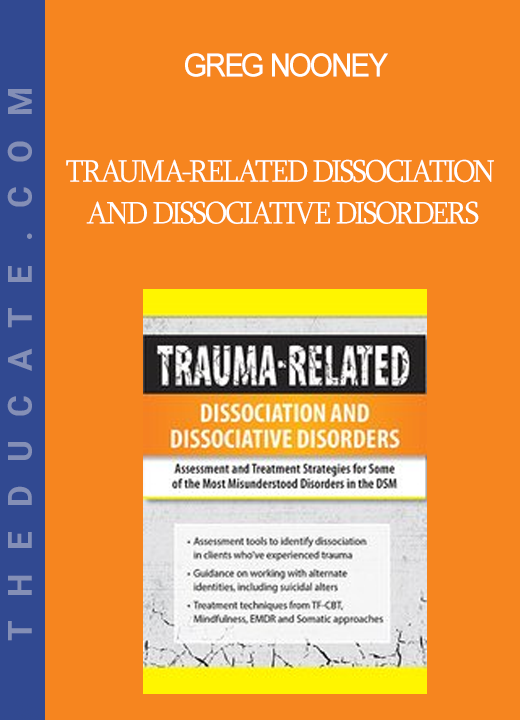
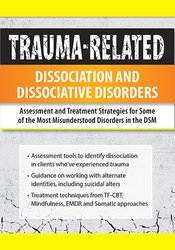

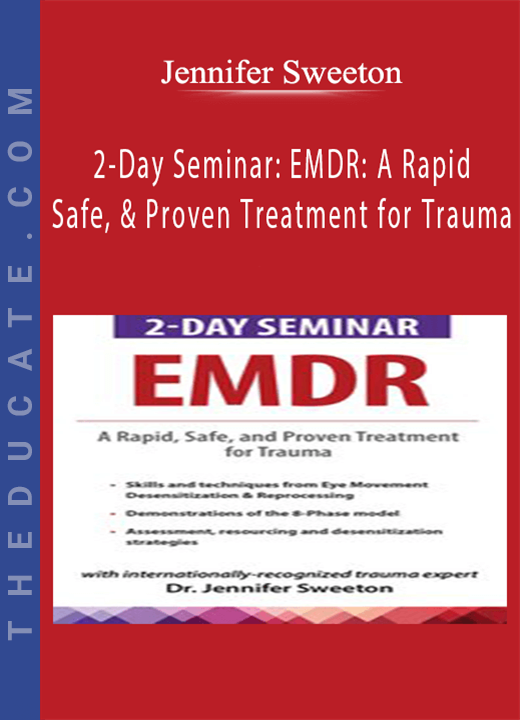
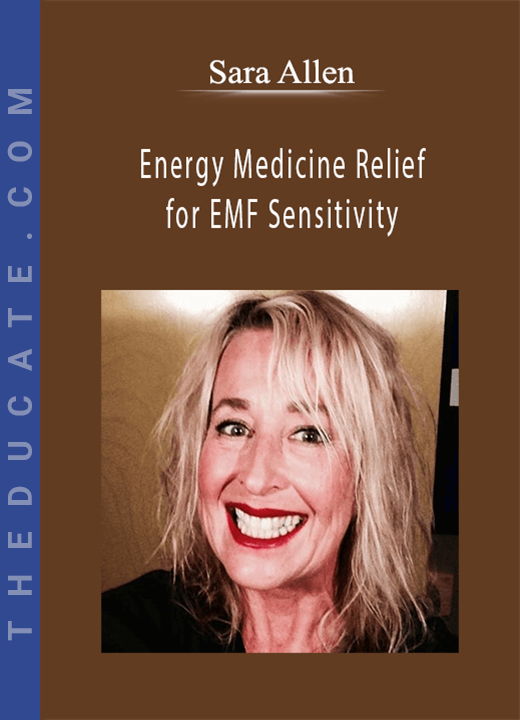

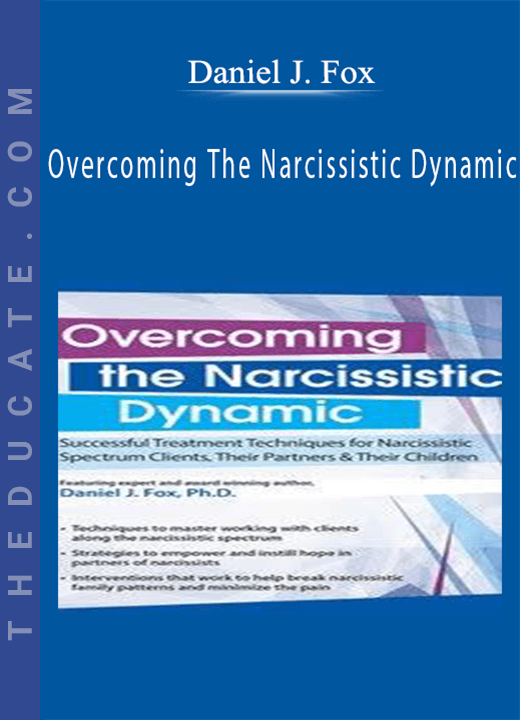
Reviews
There are no reviews yet.